Around ten years ago now I tasked myself with learning Polish. Not for shits and giggles or just to challenge myself but for the very practical reason of being able to communicate with my partner’s family who live in Poland.
It was a hard slog and some even consider Polish to be the hardest of all languages for native English speakers to tackle. Yet I persisted with it and I am happy to say that I dipped my toes into this quirky, poetic, intense and beautiful language.
When I was in Poland in 2016, I was sitting in the Dentist waiting for the PB to get his teeth examined and an old woman sat there staring at me with curiosity. She finally plucked up the courage to talk to me and I was trying really hard to explain where I was from and why I was there. She loved that I was trying. Everyone there is so down-to-earth and because the language is complex and convoluted, nobody expects foreigners to actually speak the language. So it’s always delightful to surprise people by pulling out all of these Polish words.
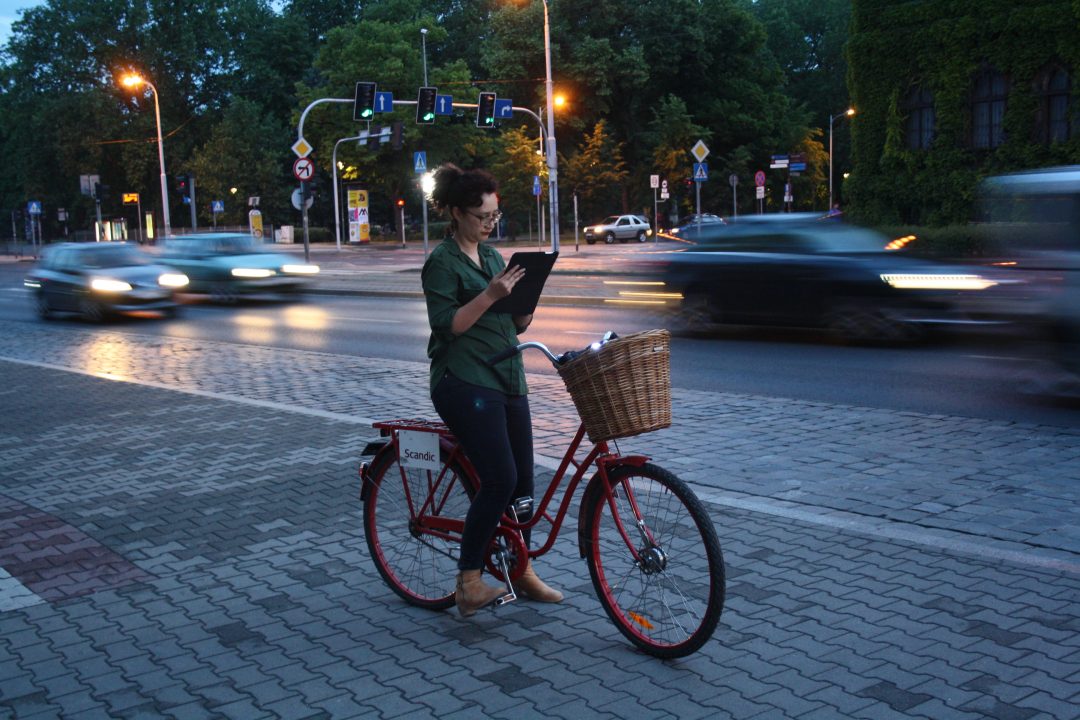
Polish people are patient with foreigners, and are genuinely pleased when foreigners try to speak Polish, so it’s well worth the effort to learn the language.
More English speakers should make the effort learn this very precise, emotionally charged and intense language. Here are some words with no English equivalent. (I didn’t know some of these words, I had to Google them, I’m not that advanced yet). Infact six years on from writing this, I am ashamed to say I have forgotten a lot of Polish, but I hope it will return like a long-lost friend when I return there.
Dozywocie: [dosch-VOCH]
Many cultures share this concept, but Polish sums it up in a single word. “A parental contract with children guaranteeing life-long support”.
Smacznego: [Smatch-NEGO]
Similar to the French Bon appétit!. Smacznego comes from the Polish word for tasty. It’s said before you start eating by polite waitresses everywhere.
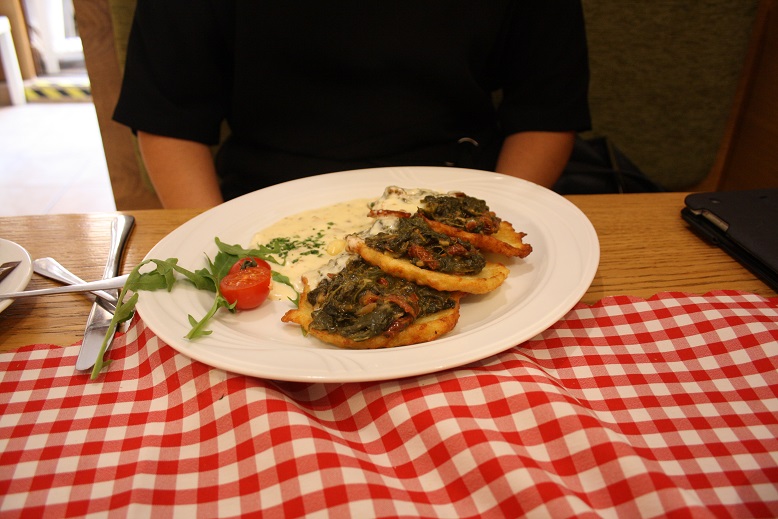
Zalatwic: [Za-lat-vik]
This means getting something done by whatever means necessary; either using legal or illegal methods such as bribes, political clout, connections, or simply personal charm. During the days of Communism in Poland, there was plenty of ‘zalatwic’ going on, but that’s all started to change now with the new Polish government introducing broad sweeping changes to laws left over from Communism. Recently the government abolished astonishingly large pensions left continuing indefinitely for people who were in positions of power, such as the Secret Police, during the Communist era.
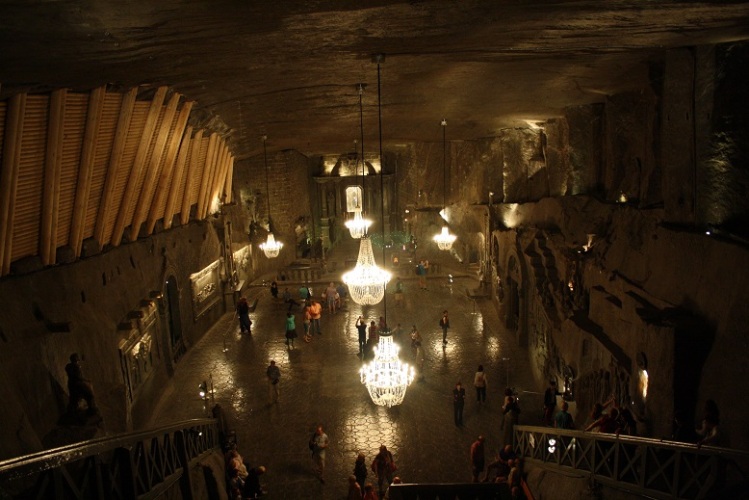
Kamienica: [Kam-u-nitz-a]
Some people translate ‘kamienica’ to mean an ordinary ‘building’. However a kamienica is anything but ordinary. It’s one of those gorgeous, colourful heritage buildings that tend to manage to find their way into all of the Instagram photos of Polish cities.
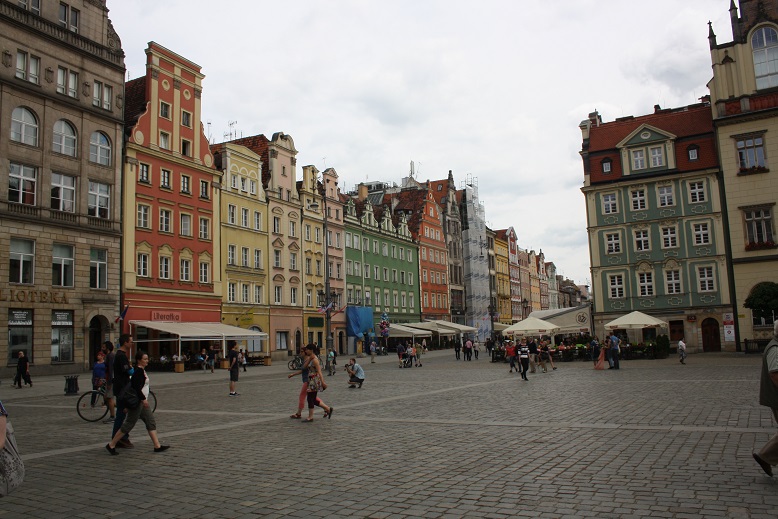
Examples of Kamienica in Wrocław
Pogodnie: [Po-god-nia]
This is adjective meaning ‘good’. However ‘pogodnie’ comes from the word for weather (pogoda) and so in Polish when there’s a fine day you would literally say ‘pogodnie pogoda’, which literally translates to ‘The weather is weather’ or ‘The weather is weatherly’ – quirky.
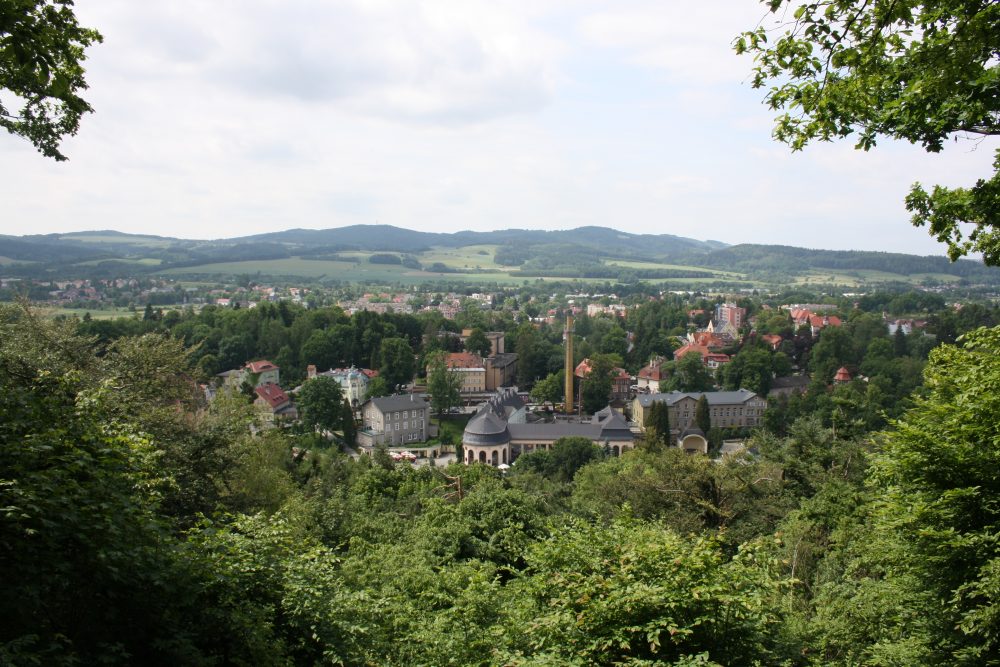
Żal: [Zal]
This word is often translated as ‘sadness’ or ‘grief’, but both words are too general, whereas ‘żal’ usually refers to sadness in very specific circumstances, with connotations of disappointment and betrayal – Polish culture is known for its melancholy.

Formacja: [Forma-cia]
Used in academic circles and in colloquial speech sometimes. ‘Formacja’ can be described as a mind-set and a way of thinking that’s particular to a generation or era. The German word ‘zeitgeist’ comes close to this word.

Kilkanaście: [kil-ka-NAS-CHE]
A weird little word which could be translated to the ‘umpteenth’ time. Although Kilkanaście implies a number between 12 and 19. No English word that does the same thing!
I hope you enjoyed this post. Do you speak any other languages? If so have they enriched your life and imagination in different ways?
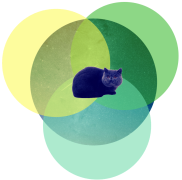
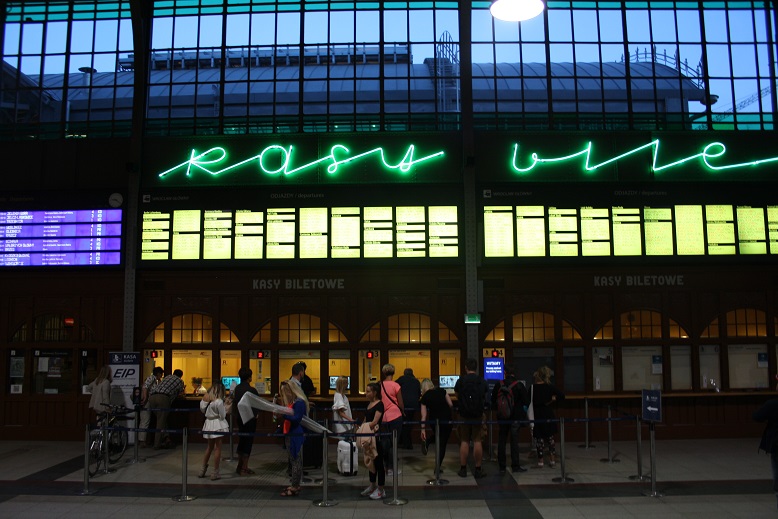
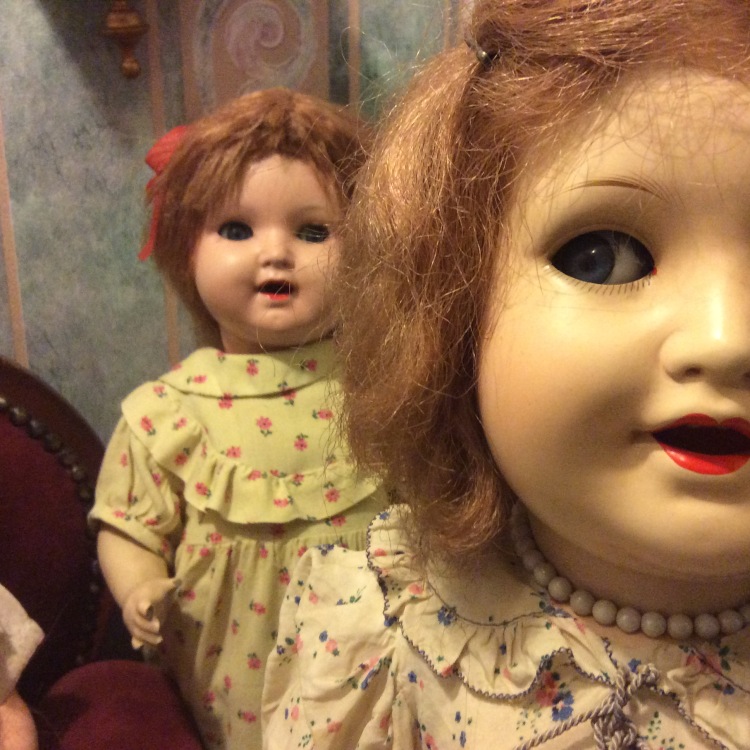
I just love this. What marvelous words – each coming with its own multiple story possibilities. In the UK we seem to be at risk of losing our rich regional vocabularies/idioms and magic metaphor making facilities now that everyone speaks in TV speak with US overtones. We need to hoard words like treasures in as many languages as possible.
LikeLike
I’ll have to think of some Croatian words that can’t be translated now.
LikeLiked by 1 person
Cool…do you speak that language? Is that a Slavic language ,there may be some similar words if so. Polish has some funny swear words too 😄
LikeLike
I’m the eldest son of Croatian immigrants. I was five or six before I knew how to speak a word of English. Haha, so yes Croatian was kinda my first language. I know lots of swear words too 😉
LikeLiked by 1 person
Would love to know some Croatian words with no English equivalent 😀 do you go back there much? It’s a good holiday destination I’ve heard but I’ve never been myself
LikeLiked by 1 person
My parents have gone back frequently since the mid 90’s. I would love to go again, maybe when my kids are older. I’ll have a think about some Croatian words with no English equivalent.
LikeLiked by 1 person
Do you teach your kids the language? My bf wants his kids to have both English and Polish but we need to have the kids first
LikeLiked by 1 person
As a non native English speaker in Australia I am often caught by trying to say something for which no clear words exist in English but my mind knows what to say in Dutch. Funnily, when I am in the Netherlands, the reverse happens. My brain is a linguistic whirlpool of Dutch and English, with a sprinkle of German.
Do you know the Sapir–Whorf hypothesis? This idea relates to the often cited idea that Inuit have many words for snow, Dutch people have many words for a water course and so on. Those untranslatable words provide a unique insight into the culture of the people that speak it.
Dutch untranslatable word: “gezellig” – a feeling related to cosiness combined with have a good time with other people.
LikeLike
I have been looking into the Sapir-Whorf hypothesis this really warrants another post, what a brilliant topic – thanks Peter. I have heard of this word you mention Gezellig it’s a great word, a good combination of consonants and vowels too it rolls over the tongue, not quite a palindrome but almost. The feeling it describes is very nice. Would like to hear more of your Dutch/German/English word anomalies 🙂
In Maori there are a lot of words related to the relationship that a person has to land, the elements, and to the forces of nature. It’s called Turangawaewae and it means literally ‘a place to stand’. It encompasses belonging, community, nature, spirituality, health- all of it. I love this word, it does indeed sound grounding, strong and solid. There is no English equivalent I can think of 🙂 https://teara.govt.nz/en/papatuanuku-the-land/page-5
LikeLike
So interesting when other languages expand how you see your own. Great post.
LikeLike
Thanks Jeremy glad you enjoyed it 🙂 It’s one of the best things in the world understanding another language – all the hidden double meanings in words and sayings that become apparent.
LikeLike
Oh this was fabolous! Here are some German ones — https://bekitschig.blog/2015/02/28/the-germans-have-a-word-for-it/
I need to dig deeper in to your blog!
LikeLike
I’m so happy you enjoyed it yay! Yes I can’t get enough of these quirky language facts either. Thank you for sharing your post I will just read it now 😊
LikeLike
I tried to reply to your blog but not sure if it worked so here is my reply 😉 I just loved this thank you so much for bringing it to my attention. I love the word Weltschmerz have covered that in my blog too 😍 I love the one about relationship fat, I can relate to this. There are so many terrific words here and the oddness of them will help me with learning German, it is a beautiful language in a strange way. Thank you will share to my Twitter 🙂
LikeLike
Hi there, WP goes sometimes really slowly on me and I’m not sure if my comment went through … I am super happy you liked that post. I always meant to do a second one but it’s hard to get the words together … Eventually 🙂 Have a great weekend!
LikeLike
You too my friend have a great weekend 😊
LikeLike
This was a great insight into another language and how that language shapes a culture. I’m half-Polish myself but have never tried to learn it because it looks so intimidating!
LikeLiked by 1 person
I’m so glad you enjoyed this one River. ☺💚 Seeing as are half Polish perhaps you would find it enjoyable to give it a go. I was intimidated at first too as everyone goes on about how hard Polish is, but it’s not really. I learned on Duolingo which is a great app, but living with a native speaker also helped. Having said that though I wrote this post ages ago and since then and covid I haven’t traveled back there and I feel like it has disappeared out of my brain. It would no doubt come back though. If you do give it a go on Duolingo let me know if you enjoy it 🤗😽💜💓 I hope you are having a nice weekend take care
LikeLiked by 1 person
I’m struggling through Irish (the other half of my heritage) on Duolingo at the moment, but if I fancy a change I might pick it up too! Have a good weekend!
LikeLiked by 1 person
That’s fascinating! Ok, having Russian as native, I thought I would be able to recognise some words or their Russian equivalents, but I can recognise only one – “Żal”. In Russian, one similar sounding word means “a pity” (жаль). Pogoda is also a Russian word for “weather”, but there is no equivalent adjective to mean “good”. However, I will probably understand it to mean that from the context. For Kamienica I can say that “kamien” in Russian means “a stone” (or rather kamen’), so it’s interesting that “kamienica” means some “gorgeous, colourful heritage buildings”.
LikeLiked by 1 person
That’s very interesting Diana! I have watched Russian movies and can recognize similar words in them to Polish as well but as I’m still learning Polish I didn’t know if it was merely my imagination hehe. Hope you are having a good weekend 😊 take care
LikeLiked by 1 person
Wow! I’m Polish myself and it’s so great to read about the language from the perspective of a learner. I love how whenever we meet a foreigner speaking Polish we are delighted but also confused. For sure you always have to explain why you decided to learn the language 😂
I remember saying żal when I was in gimnazjum. I have no idea where it came from. We just started using it from one day to another!
Keep it up and I can’t wait to see more of your content 😊
LikeLiked by 1 person
I’m so glad you enjoyed this Joanna it’s great to meet you and I’ve started following you now. Polish is a delightful language I actually wrote this several years ago and I feel like it has sort of lain dormant since then, I need to go back there to reactivate it. Zal is such a great word I agree, there are so many poetic words. Take care and have a nice weekend 😊 😽
LikeLiked by 1 person